Predisposing Factors for Post-Concussion Syndrome
For most people that suffer a concussion, symptoms tend to resolve within 10 – 14 days. There are some however, that will continue to notice symptoms for a longer period of time, a condition known as post-concussion syndrome. A concussion is a bump or blow to the head, or a hit to the body, which causes the brain to move rapidly back and forth. Most concussed individuals have normal findings on imaging, such as CT scans, and the disturbance of brain function in due to metabolic changes as opposed to structural damage. While anyone can suffer a concussion, some people have personal variables that may cause them to experience longer recovery times. Here we outline some predisposing factors for post-concussion syndrome.
1. Personal or Family History of Migraines
A personal or family history of migraines has been associated with a higher likelihood of certain symptoms post concussion. These include symptoms typically associated with migraines, including pronounced headaches, light sensitivity, visual changes and nausea. These symptoms will often respond well to medications prescribed for migraines
2. ADHD and other variations of neurodivergence
Concussions are characterized by metabolic changes and altered neuroelectrical activity. ADHD and neurodivergent brains already have a higher baseline of brain “static” that is exacerbated by the pathology of concussion. Some clients find that adjusting their ADHD medications can help with elevated symptoms such as brain fog, difficulty concentrating and slow cognitive processing.
3. Being born female
Unfortunately, those of us with two X chromosomes have been shown to have a higher risk of developing post-concussion syndrome. The reasons are not fully understood, part are thought to be due at least in part due to structural differences between the sexes.
4. Age
Contrary to conventional wisdom, kids aren’t always quicker to bounce back from injury than adults. Teenagers are more susceptible to post-concussion syndrome that young or middle-aged adults.
5. Prior history of concussion or neurological injury
Those who have experienced a stroke, mini-stroke or prior concussions are more likely to be symptomatic following a concussion. These effects can compound, with symptoms being more pronounced and recovery slower with each subsequent injury. While it is certainly possible to recover from neurological injury, our brain does not fully return to its pre-injury baseline.
While many of these variables are beyond our control and part of our genetic makeup, the presence of one or more predisposing factors for post-concussion syndrome might inspire some to take additional precautionary measures! Learn to recognize signs of concussion and seek early intervention if needed. Take steps to protect yourself while playing sports, never return to the field after a suspected concussion. Make sure to wear a helmet while biking, and be sure to follow workplace safety guidelines, especially those pertaining to personal protective equipment. We hope your future is injury free but effective treatment strategies are available if you do have the misfortune of suffering a concussion!
Written by Ashley Cripps, MScPT, Vestibular and Concussion Therapist





